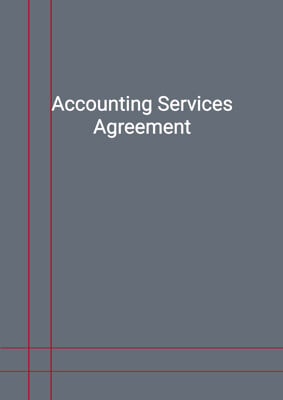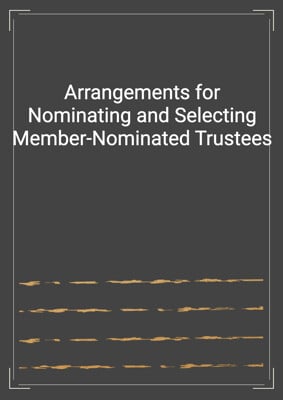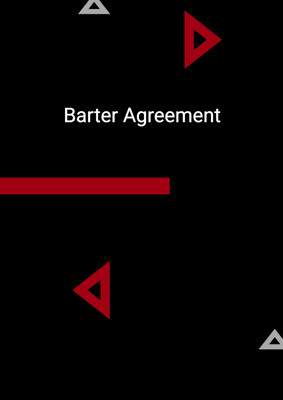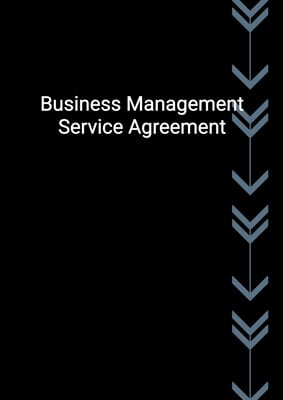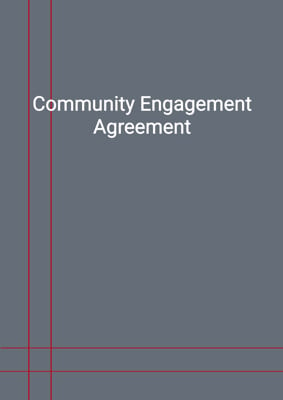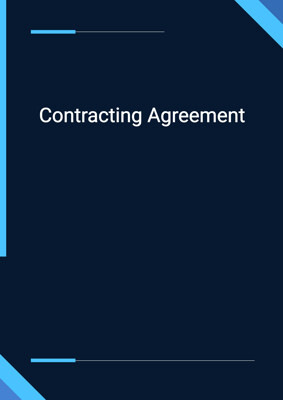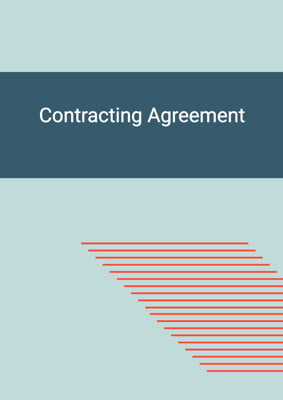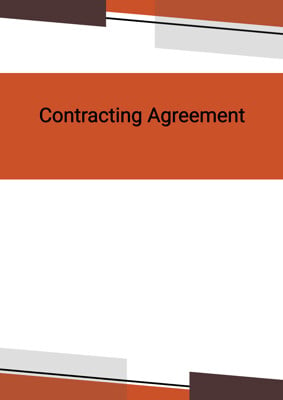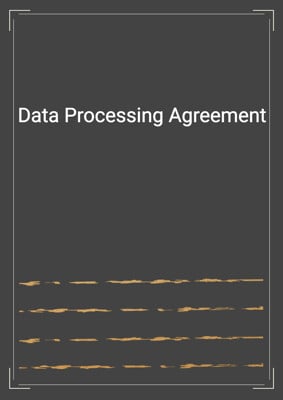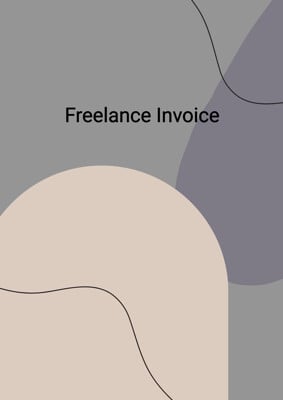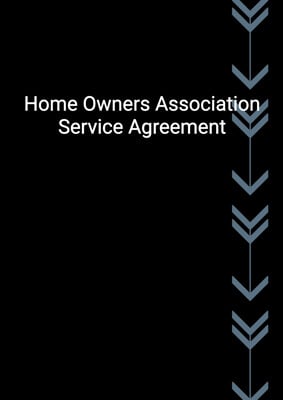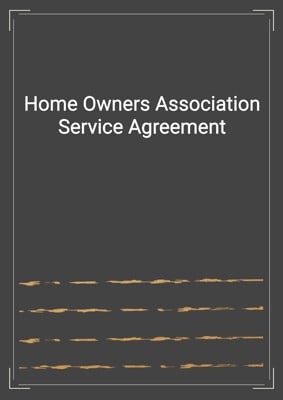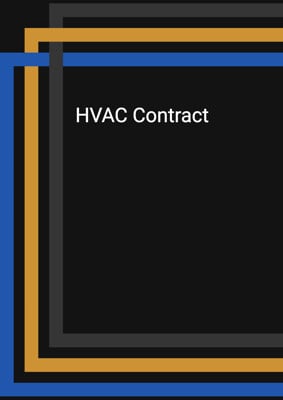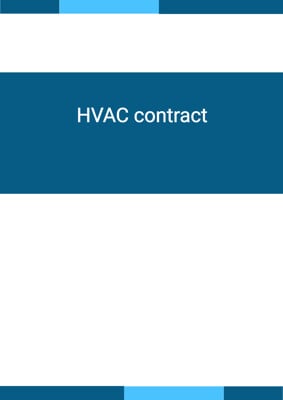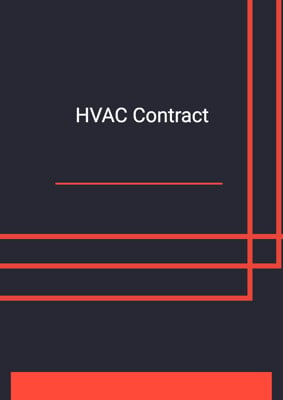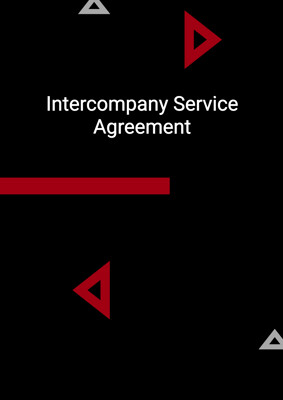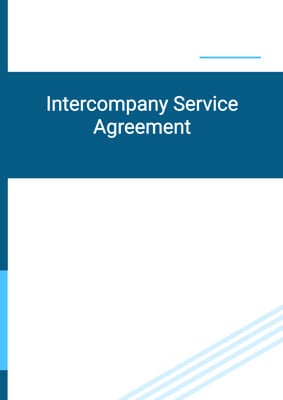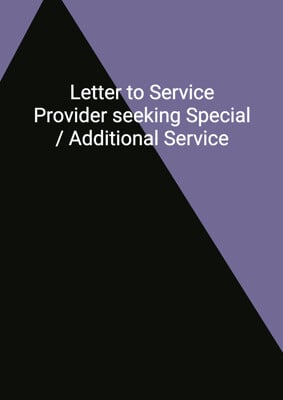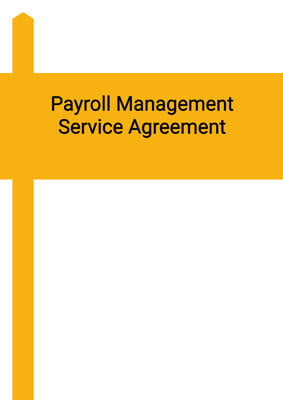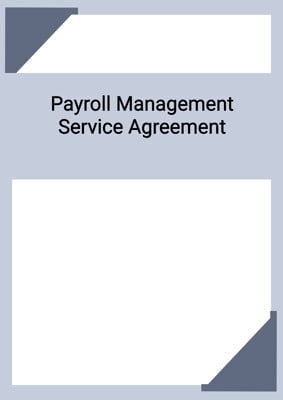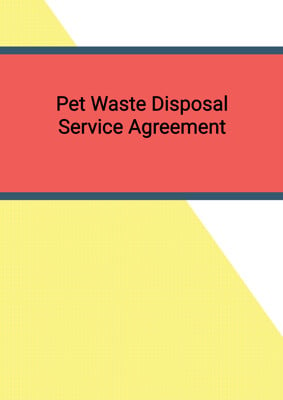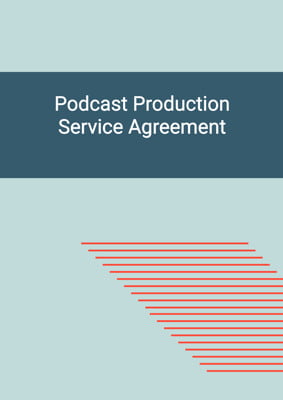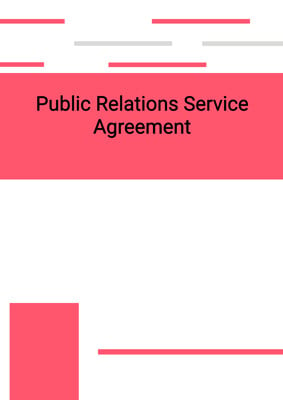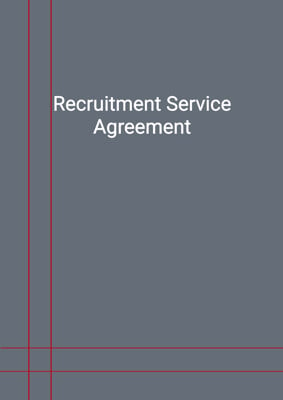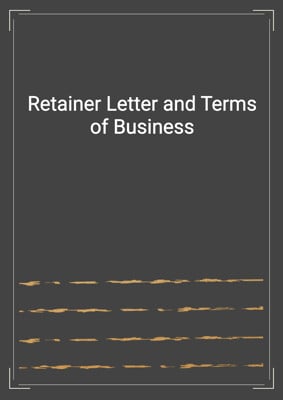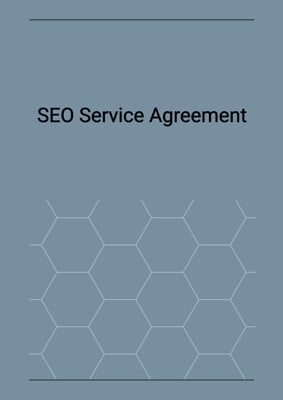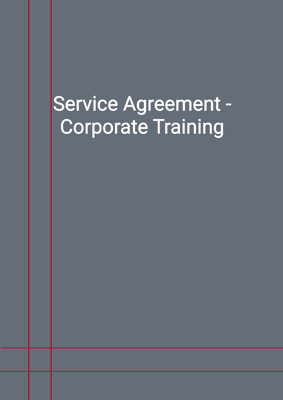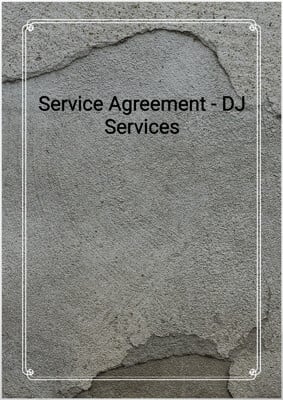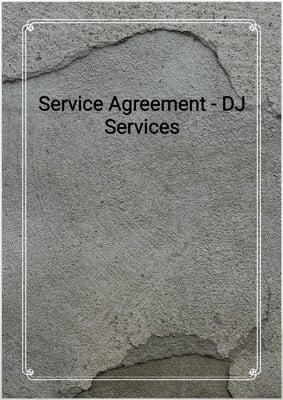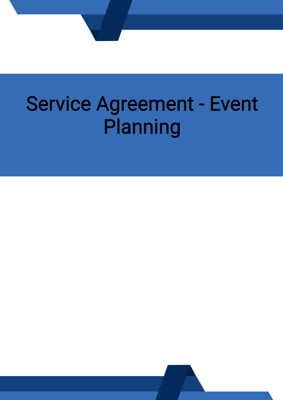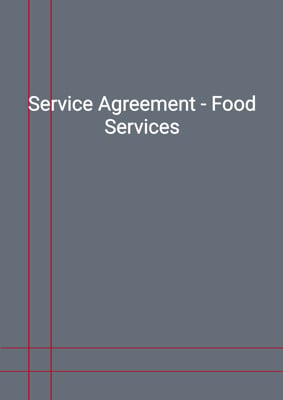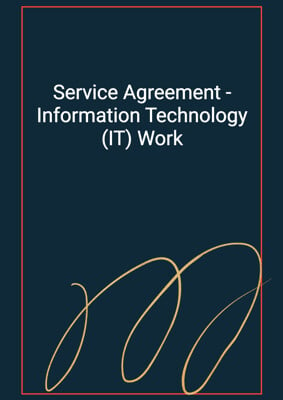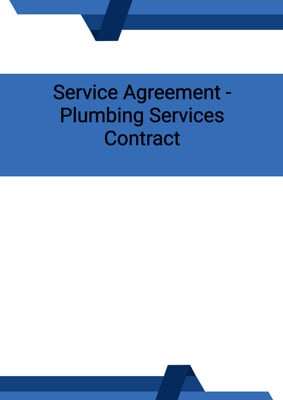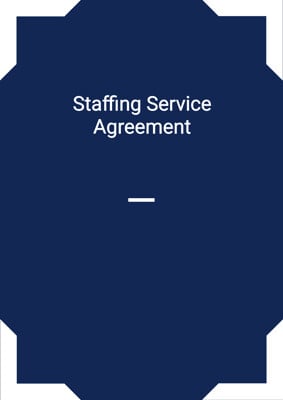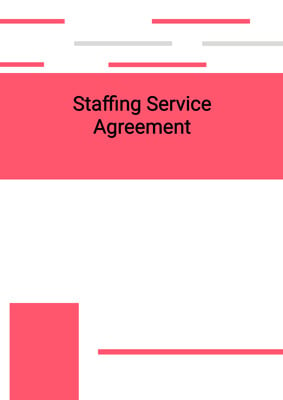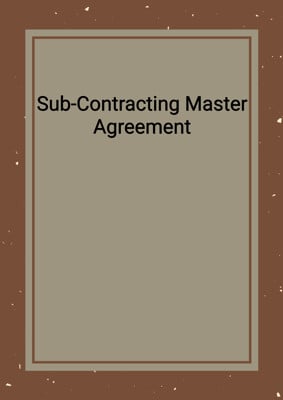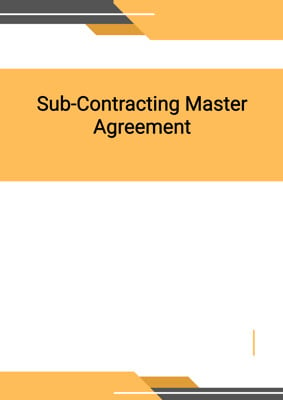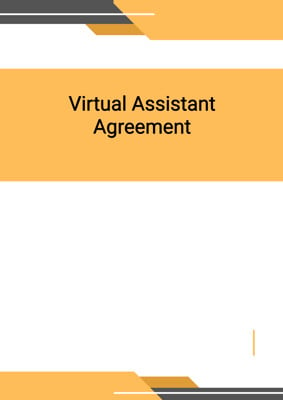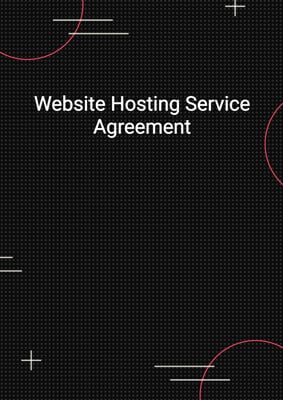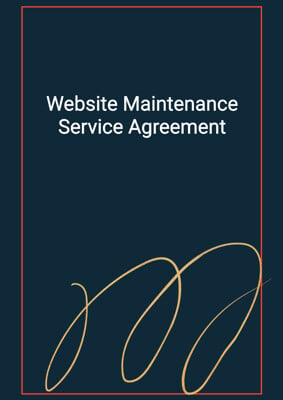How to Tailor the Document for Your Need?
01
Create Document
Fill in the details of the parties. You can click the "Fill with Member’s Information" button to complete it with information saved to your account.
02
Fill Information
Please fill in any additional information by following the step-by-step guide on the left hand side of the preview document and click the "Next" button.
03
Get Document
When you are done, click the "Get Document" button and you can download the document in Word or PDF format.
04
Review Document
Please get all parties to review the document carefully and make any final modifications to ensure that the details are correct before signing the document.
Document Preview
Document Description
The Staffing Service Agreement is a document that outlines the terms and conditions between a staffing company (referred to as 'the company') and a client (referred to as 'the client'). The agreement highlights the importance of the document by emphasizing the need for clear and concise terms to ensure a successful working relationship.
The entire document is divided into several sections, each addressing different aspects of the agreement. The first section, titled 'Interpretation,' provides definitions for key terms used throughout the agreement. This ensures that both parties have a clear understanding of the terminology used.
The second section, 'Company's Obligations,' outlines the responsibilities of the company in providing staffing services. It emphasizes the need for professional and diligent service, compliance with laws and regulations, and non-discrimination against candidates. The section also covers insurance requirements and the company's responsibility as an employer.
The third section, 'Completion of the Work,' emphasizes the importance of timely performance and sets a completion date for the services. It also allows for extensions in case of valid reasons for delay.
The fourth section, 'Service Fees,' specifies the payment terms for the services provided. It includes details on the fee structure, payment due dates, late charges, and reimbursement of expenses incurred by the company.
The fifth section, 'Warranties, Liabilities, and Indemnities,' addresses the rights and responsibilities of both parties in case of defects or issues with the services provided. It also limits the liability of the company and includes an indemnity clause.
The sixth section, 'Term and Termination,' defines the duration of the agreement and the circumstances under which either party can terminate it. It also covers the consequences of termination, including outstanding balances and ownership of materials.
The seventh section, 'Ownership of Materials,' clarifies that any intellectual property developed under the agreement becomes the property of the client. It also restricts the company from using the client's intellectual property without written consent.
The eighth section, 'Confidential Information,' establishes confidentiality obligations for both parties regarding the terms of the agreement and any disclosed information. It includes exceptions for publicly available information and disclosures required by law.
The ninth section, 'Non-Solicitation,' prohibits the client from soliciting or hiring the assigned employee(s) without the company's consent during the term of the agreement and for a specified period after termination.
The tenth section, 'Announcements/Publicity,' requires prior written approval for any announcements or disclosures related to the agreement, with exceptions for legal requirements.
The eleventh section, 'Amendment,' states that any changes to the agreement must be in writing and signed by both parties. It also clarifies that variations do not waive existing rights and obligations.
The twelfth section, 'Assignment,' prohibits the client from assigning the agreement or subcontracting without the company's consent.
The thirteenth section, 'Severability,' addresses the invalidity of any provision and the parties' obligation to negotiate a valid substitute provision.
The fourteenth section, 'Further Assurance,' requires the parties to perform any additional acts or execute documents necessary to implement the agreement.
The fifteenth section, 'Force Majeure,' relieves the parties from liability for failure or delay in performing obligations due to circumstances beyond their control.
The sixteenth section, 'No Rights under Contracts for Third Parties,' clarifies that only the parties to the agreement have enforceable rights.
The seventeenth section, 'Arbitration and Proper Law,' encourages amicable resolution of disputes and specifies the jurisdiction for any legal proceedings.
The eighteenth section, 'Notices and Service,' outlines the methods and deemed delivery times for serving notices between the parties.
The nineteenth section, 'Counterparts,' allows the agreement to be executed in multiple counterparts, with each counterpart considered an original.
The detailed description provides a comprehensive overview of the entire document, highlighting its importance and the key provisions in each section.
How to use this document?
To use the Staffing Service Agreement effectively, follow these steps:
1. Provide Information: Enter the Contractor's and Customer's information in the agreement, including their principal place of business. This ensures that both parties are clearly identified.
2. Interpretation: Familiarize yourself with the definitions provided in the 'Interpretation' section. This will help you understand the terminology used throughout the agreement.
3. Company's Obligations: Ensure that the company agrees to provide the services in a professional and diligent manner, complying with all applicable laws and regulations. Verify that the company will not discriminate against any candidate and will maintain the necessary insurance.
4. Completion of the Work: Note the completion date specified in the agreement. If there are valid reasons for delay, discuss and agree on any extensions needed.
5. Service Fees: Understand the payment terms, including the fee structure, due dates, and late charges. Keep accurate records of any expenses incurred and submit itemized invoices with proof of purchase.
6. Warranties, Liabilities, and Indemnities: Be aware of the company's obligations in case of defects or issues with the services provided. Seek prompt resolution of any disputes and ensure compliance with the indemnity clause.
7. Term and Termination: Note the duration of the agreement and the circumstances under which either party can terminate it. Understand the consequences of termination, including outstanding balances and ownership of materials.
8. Ownership of Materials: Clarify the ownership of any intellectual property developed under the agreement. Obtain written consent before using the client's intellectual property.
9. Confidential Information: Maintain confidentiality of the agreement and any disclosed information. Familiarize yourself with the exceptions to confidentiality obligations.
10. Non-Solicitation: Ensure compliance with the non-solicitation clause, which prohibits the client from hiring assigned employees without the company's consent.
11. Announcements/Publicity: Obtain written approval for any announcements or disclosures related to the agreement, except where required by law.
12. Amendment: Any changes to the agreement must be in writing and signed by both parties. Ensure that variations do not waive existing rights and obligations.
13. Assignment: Obtain written consent before assigning the agreement or subcontracting.
14. Severability: Understand the consequences of any provision being held invalid and be prepared to negotiate a valid substitute provision.
15. Further Assurance: Perform any additional acts or execute documents necessary to implement the agreement.
16. Force Majeure: Be aware that failure or delay in performing obligations due to circumstances beyond your control may relieve liability.
17. No Rights under Contracts for Third Parties: Understand that only the parties to the agreement have enforceable rights.
18. Arbitration and Proper Law: Seek amicable resolution of disputes and be aware of the jurisdiction for legal proceedings.
19. Notices and Service: Follow the specified methods and deemed delivery times for serving notices between the parties.
20. Counterparts: Understand that the agreement may be executed in multiple counterparts, with each counterpart considered an original.
Not the right document?
Don’t worry, we have thousands of documents for you to choose from:

